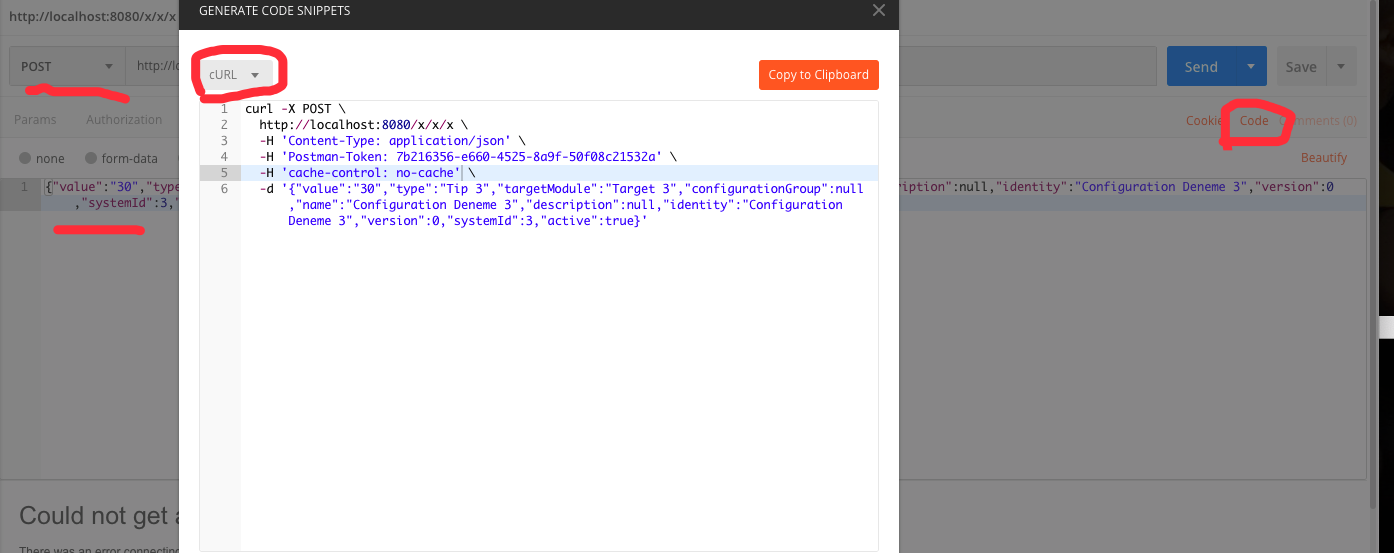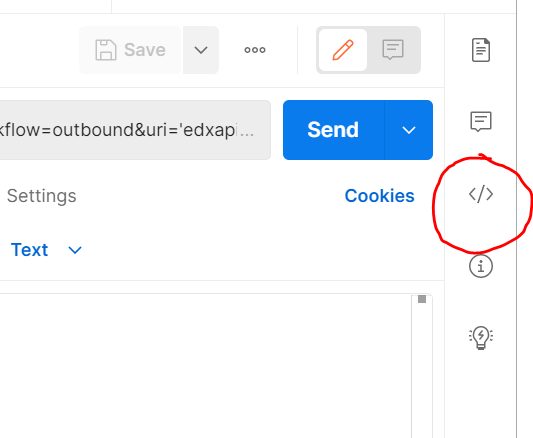I use Ubuntu and installed cURL on it. I want to test my Spring REST application with cURL. I wrote my POST code at the Java side. However, I want to test it with cURL. I am trying to post a JSON data. Example data is like this:
{"value":"30","type":"Tip 3","targetModule":"Target 3","configurationGroup":null,"name":"Configuration Deneme 3","description":null,"identity":"Configuration Deneme 3","version":0,"systemId":3,"active":true}
I use this command:
curl -i \
-H "Accept: application/json" \
-H "X-HTTP-Method-Override: PUT" \
-X POST -d "value":"30","type":"Tip 3","targetModule":"Target 3","configurationGroup":null,"name":"Configuration Deneme 3","description":null,"identity":"Configuration Deneme 3","version":0,"systemId":3,"active":true \
http://localhost:8080/xx/xxx/xxxx
It returns this error:
HTTP/1.1 415 Unsupported Media Type
Server: Apache-Coyote/1.1
Content-Type: text/html;charset=utf-8
Content-Length: 1051
Date: Wed, 24 Aug 2011 08:50:17 GMT
The error description is this:
The server refused this request because the request entity is in a format not supported by the requested resource for the requested method ().
Tomcat log: "POST /ui/webapp/conf/clear HTTP/1.1" 415 1051
What is the right format of the cURL command?
This is my Java side PUT code (I have tested GET and DELETE and they work):
@RequestMapping(method = RequestMethod.PUT)
public Configuration updateConfiguration(HttpServletResponse response, @RequestBody Configuration configuration) { //consider @Valid tag
configuration.setName("PUT worked");
//todo If error occurs response.sendError(HttpServletResponse.SC_NOT_FOUND);
return configuration;
}




